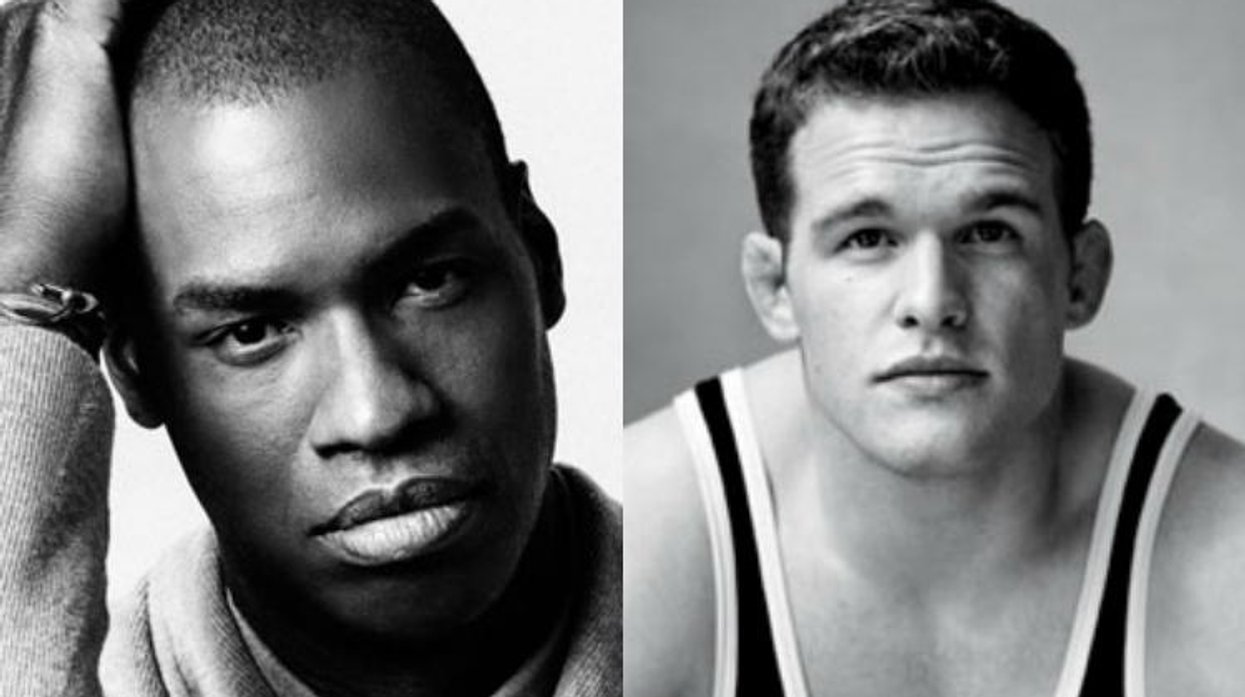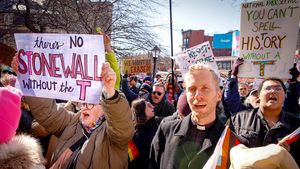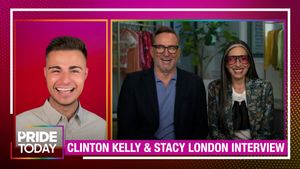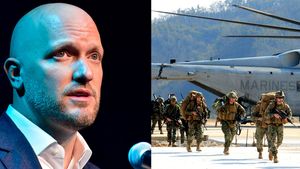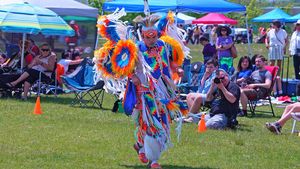With March Madness basketball championships almost a week away, and the Olympics slated for this summer, 2016 is turning out to be a busy year for sports fans, but there is concern that straight enthusiasts are still having a better time at the game than their queer friends.
A recent study conducted by the Bingham Cup (the world cup of gay rugby) in collaboration with Penn State, University of Massachusetts, and several other colleges in the US, Canada, and Australia, found that an alarming 83% of Americans don't believe that a LGBTQ person is safe as an open spectator at a sporting event.
Last week, The Economist hosted Pride and Prejudice: The Cost of LGBT Discrimination, an event about LGBTQ diversity in sports. Speakers included former college wrestler Hudson Taylor, who spoke against homophobia in the pages of Out, and Jason Collins, the first basketball player to come out as gay.
Taylor and Collins discussed issues of LGBTQ inclusion in sports, including the progress they're witnessing since Collins's coming out, in 2013. The former NBA player thinks there are more gay and lesbian players of racial minorities in sports leagues than what we might expect:
"I talk to a lot of athletes, playing either pro or at the collegiate level who haven't come out yet," Collins said. "Now there's an out referee in the NBA, [Bill Kennedy] who is African American. It's great when you see more and more people step forward to live their authentic lives."
Taylor, who develops educational campaigns for LGBTQ inclusion in sports through his organization, Athlete Ally, had similar feelings. "We need to redefine the dominant identity of the sports audience," he said. "We need to get more allies to be vocal and speak out. Allyship needs to be intersectional, and context matters. Homophobia is a weapon of sexism, gender, race, religion. These are all things that are compounding factors to discrimination that already exists."
That's why Taylor developed the #Everyfan campaign, to encourage fans and teams to create an environment that is open and welcoming to LGBTQ fans.
In a similar vein, Collins added: "If you see something, you have to say something," especially when it comes to the use of homophobic language on the sports field, in the bleachers, or in the locker room. "Try to come to an understanding of why a person uses inappropriate words, and explain to them how that word can have an impact on someone who is LGBTQ."
It's about time to change the rules of the game so LGBTQ sports fans and athletes can get equal respect, in and out of the stadium.
